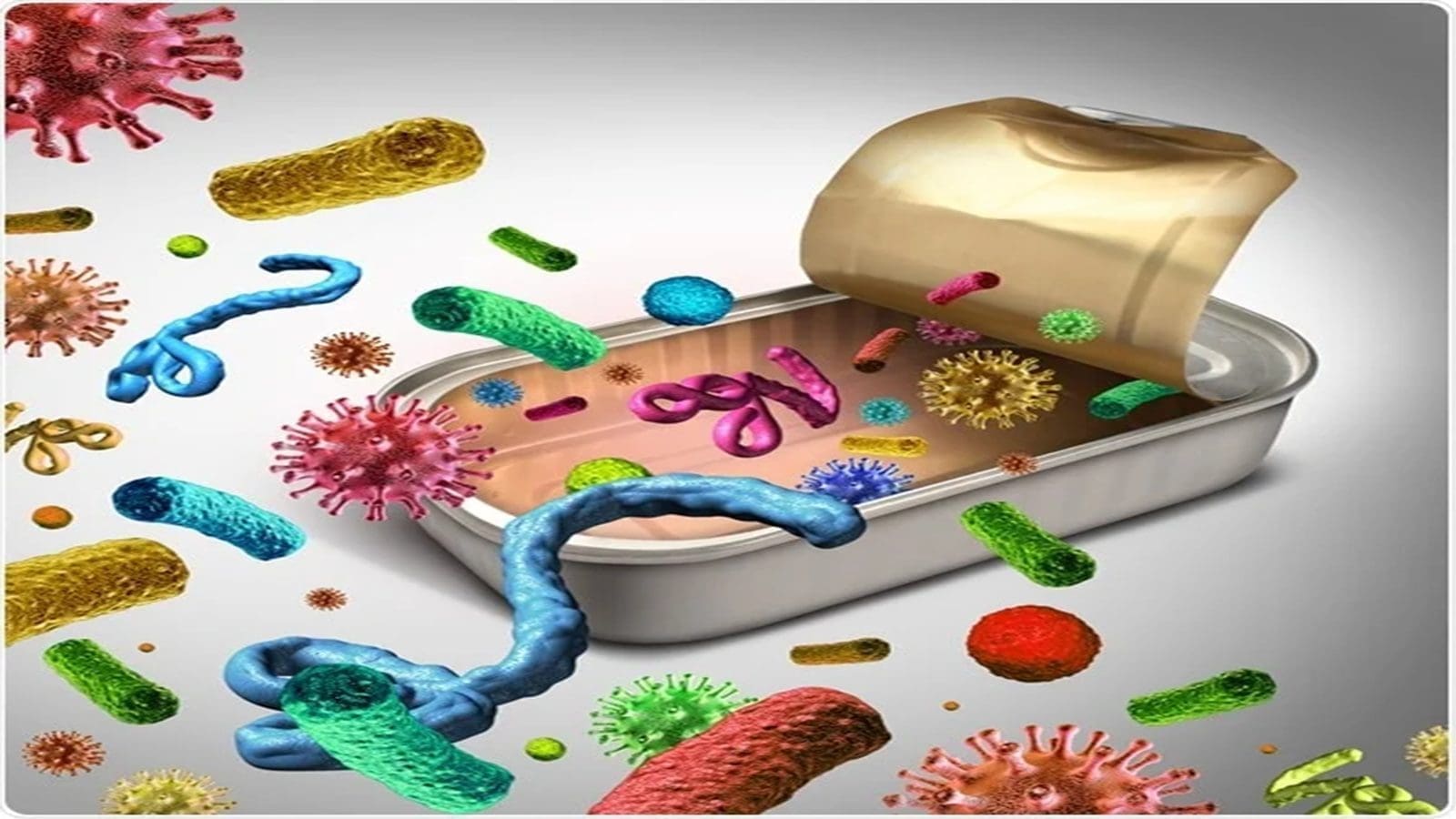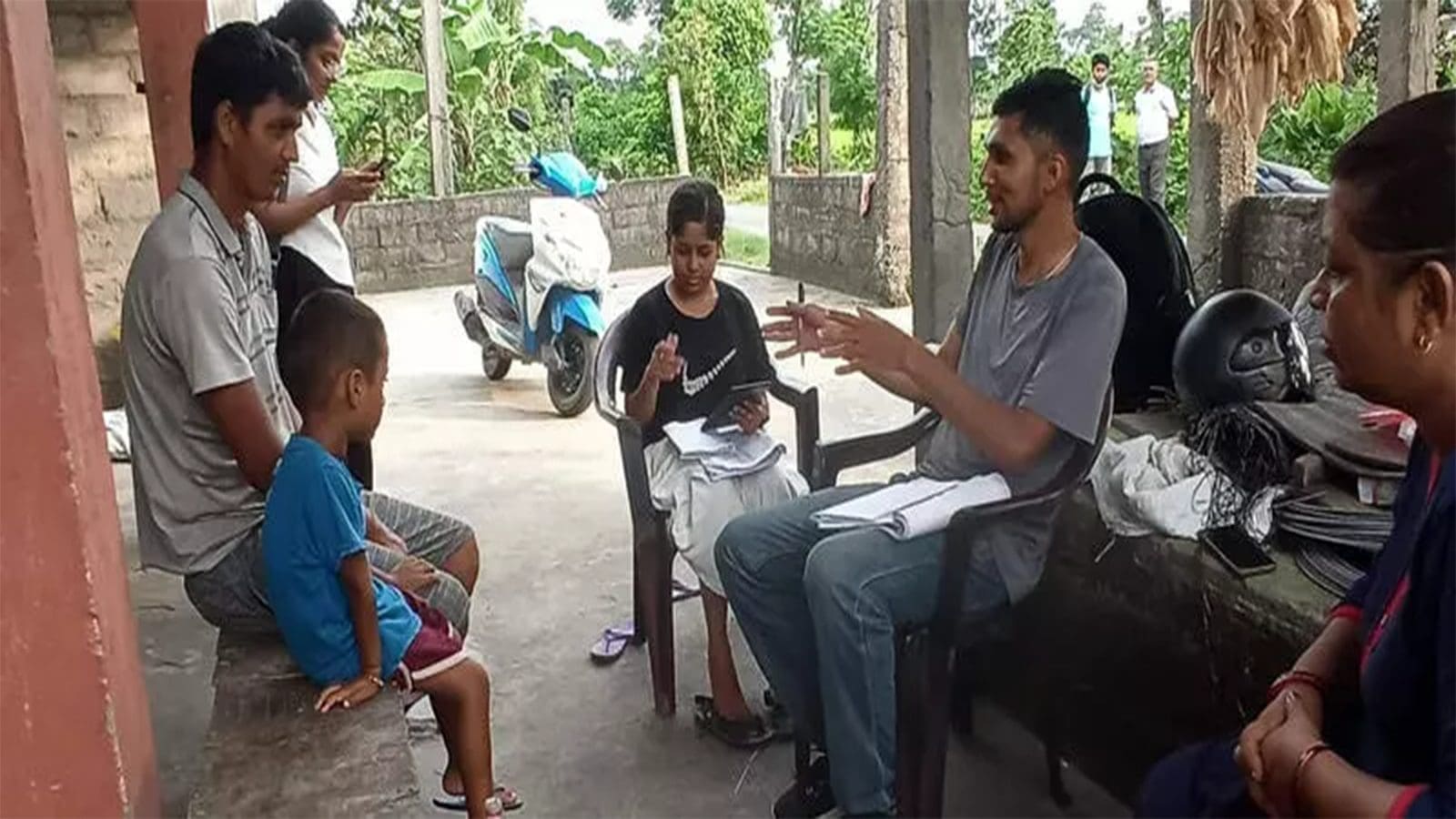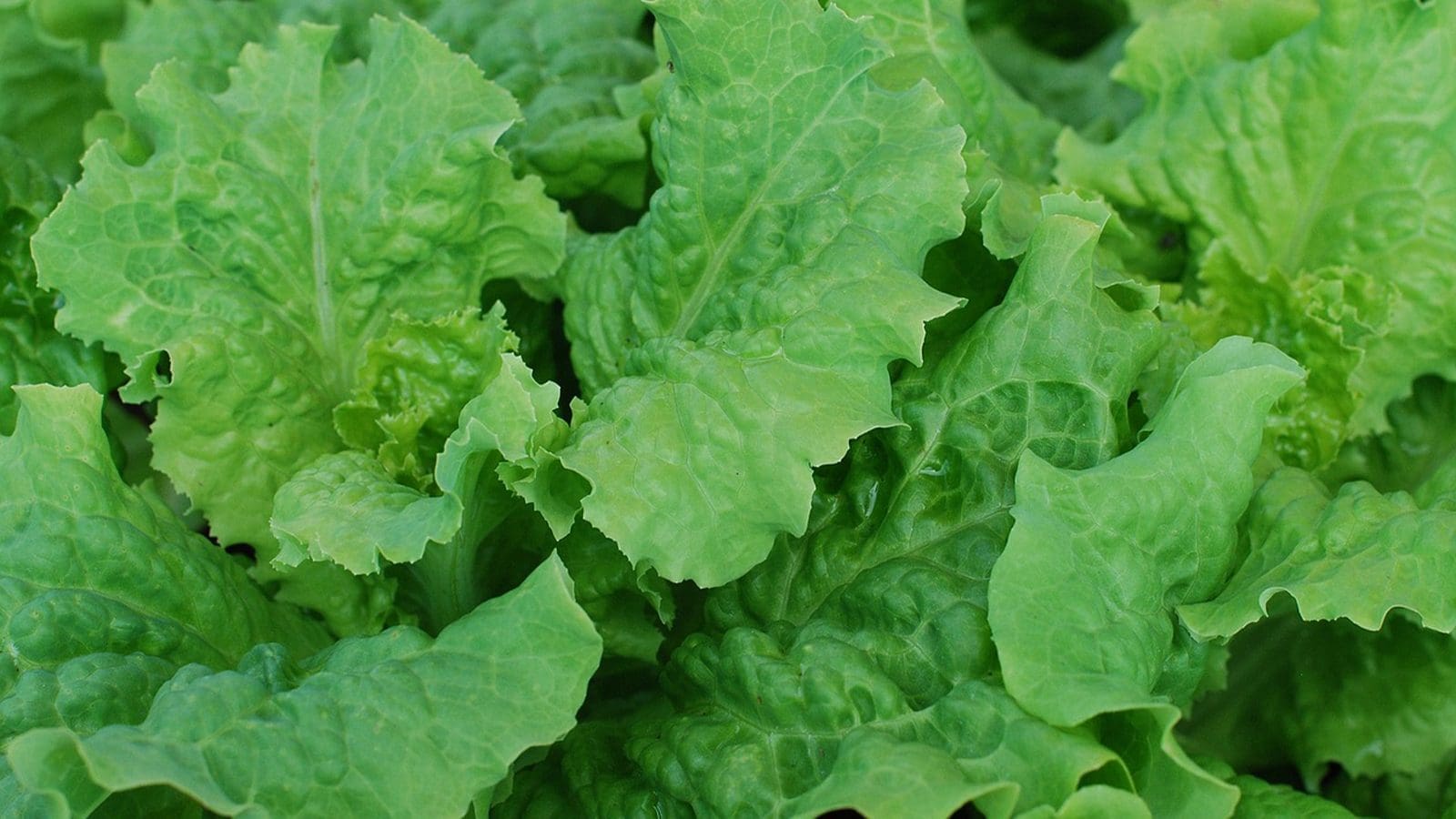GHANA – Ghana’s Food and Drugs Authority (FDA) has called for effective collaboration to ensure surveillance and prompt food-borne disease outbreak response in the country.
The FDA’s Chief Executive Officer, Mrs. Delese M. Darko, made the remark at a two-day training course on the deployment of an integrated Food-borne Disease Surveillance System and Food Safety Emergency Response Plan (FoSERP).
The training covered topics such as Ghana’s struggles with food-borne illnesses and the importance of maintaining accurate records of these conditions.
According to the authority, 1,914 Ghanaians in total contracted various forms of food poisoning between 2013 and 2021. Out of the total, there were 60 outbreaks of food-borne illness, resulting in 36 fatalities.
Food-borne illnesses cover a wide range of illnesses and are responsible for a sizable portion of morbidity and mortality problems worldwide.
According to the World Health Organization (WHO), 420,000 people die annually as a result of food poisoning, which sickens one in ten individuals each year.
In a 2015 pilot research, Ghanaians who had food poisoning described a variety of ailments, including viral hepatitis, cholera, dysentery, typhoid fever, and other food borne disorders.
Mrs. Darko stated that food-borne illnesses surveillance was gaining priority in the public health agenda in many countries.
According to her, such surveillance aids in the estimation of the prevalence of food-borne illnesses, assessment of the respective effects on health and the economy, and evaluation of prevention and control programs.
She emphasized the importance of quick outbreak identification and response, which is a crucial source of data for risk assessment and, more broadly, for risk management and communication.
The FDA boss noted that modifications in food production and distribution techniques have made food safety a crucial and essential element of public health.
“The Ghana Health Service (GHS) in 2019 reviewed the 2nd Edition of the Integrate Disease Surveillance and Response In Ghana (IDSR) to incorporate the surveillance of food-borne diseases.
“The 3rd Edition of the IDSR provides for a harmonized, systematic data collection process for food-borne diseases and also make it a core function for Disease Surveillance Officer (DSO) of the GHS to collect data and report on foodborne diseases,” she stated and commended the initiative.
In 2021, the FDA led the creation of a Food Safety Emergency Response Plan (FoSERP), which specified how food safety emergencies, including food-borne disease outbreaks, were to be treated in a coordinated manner. According to Mrs. Darko, the FDA took inspiration from this.
“The implementation of these two documents makes it imperative for this training today,” she added.
The need for cooperation, according to Mrs. Joycelyn Adelaide N.K Egyakwa-Amusah, Head of the Food Safety Coordination and Consumer Education Department at the FDA, is critical because it will allow Ghana to comply with international health regulations and meet the requirements of the Joint External Evaluation (JEE) for food safety (IHR).
Public health and disease surveillance officers from across the nation took part in the training, which was organized in conjunction with the Ghana Health Service (GHS).
Topics on Integrated Disease Surveillance and Response in Ghana, food-borne disease surveillance, data collection and reporting, handling food safety emergencies, electronic data capturing and transmitting, and food-borne disease outbreak investigations-environmental assessment were all covered in detail during the training.
Liked this article? Subscribe to Food Safety Africa News, our regular email newsletters with the latest news insights from Africa and the World’s food safety, quality and compliance. SUBSCRIBE HERE








